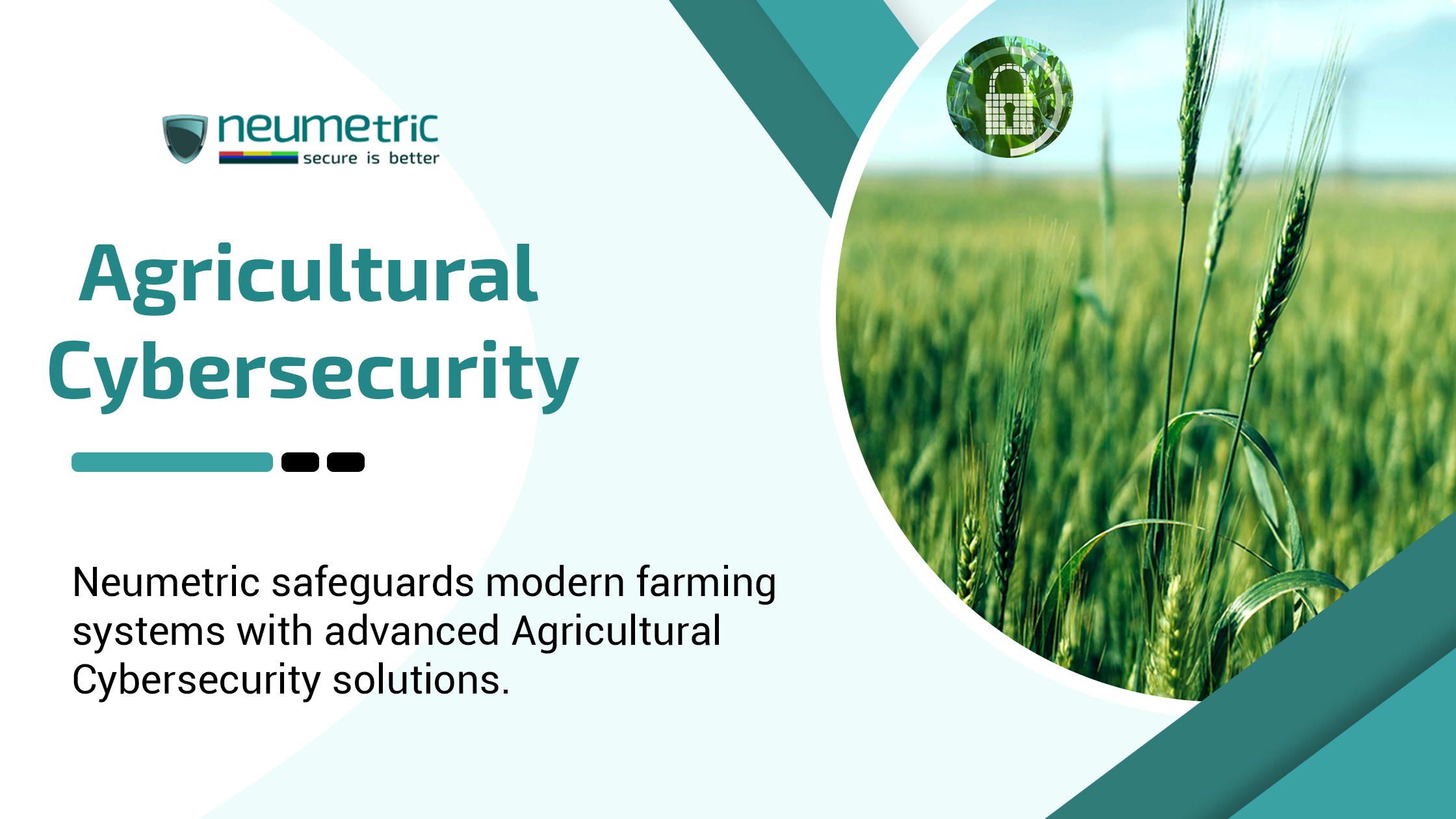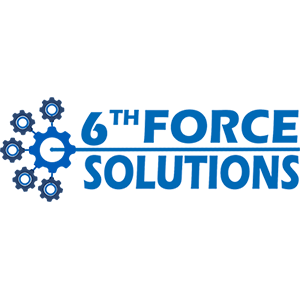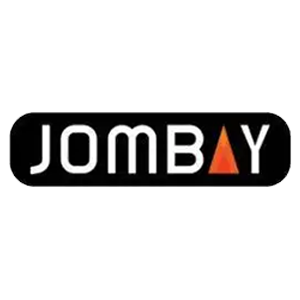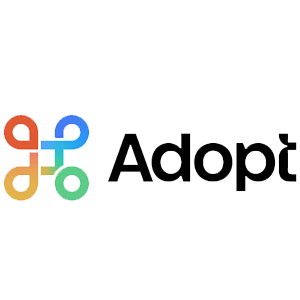
As a provider of cyber security products and services, Neumetric helps organisations improve their information security and establish a safe environment for their activities.
We will review your current policies, procedures, and system architecture to ensure that they are compliant with the requirements of the Standard or Regulation you choose.
We will create and update policies and Procedures that are not yet implemented in your Organisation to ensure that they are compliant with the requirements of Standard or Regulation you choose.
We will train your team on how to manage a compliant infrastructure and comply with all audit requirements during audits by external parties such as customers or regulators.
We conduct an annual Risk Assessment to determine the current state of your IT infrastructure and recommend improvements to it. We will conduct a gap analysis between the existing policies, procedures, and system architecture with the requirements of Standard or Regulation you choose.



























Extensive experience in providing solutions for your Cybersecurity, Compliance, Governance, Risk & Privacy objectives!
Ensuring a robust Security Posture & Regulatory Compliance across various Frameworks & diverse Industries.
Implementing & monitoring extensive Control Frameworks tailored to your business needs…
Increased connectivity through IoT devices creates vulnerabilities.
Protection of sensitive agricultural data is crucial to prevent breaches.
Attacks on the supply chain can disrupt operations & compromise food safety.
Education on cybersecurity is needed for farmers & workers.
Outdated technology may have vulnerabilities that hackers can exploit.
Unmanned machinery & systems can be physically tampered with.
Implementing ISO 27001 enables agricultural organisations to establish a systematic approach for identifying, managing & mitigating information security risks unique to their sector. By aligning security controls with industry-specific requirements, such as protecting crop yield data, weather information & customer records, ISO 27001 helps safeguard sensitive agricultural data. ISO 27001 promotes continuous improvement through regular assessments and audits to enhance agriculture-specific security measures.
Adhering to NIST standards, such as the NIST Cybersecurity Framework, helps agricultural organisations establish a robust cybersecurity program. NIST compliance enables the identification, protection, detection, response & recovery from cyber threats by providing a comprehensive set of guidelines, best practices & risk management frameworks. By implementing NIST compliance, the agriculture industry can strengthen its security posture, safeguard critical agricultural data & mitigate cybersecurity risks.
For the agriculture industry, GDPR ensures that sensitive information related to crop yield data, farm practices & customer details is handled securely, reducing the risk of data breaches & potential financial & reputational damage. By adhering to GDPR standards, the agriculture industry can establish a strong cybersecurity framework, enhance data protection practices & build trust with customers, partners & regulatory authorities in the EU.
The scientific investigation of crop development under varied growing circumstances to generate plants with the desired characteristics is explored in cyber agriculture. This method combines botany, chemistry, and, most significantly, machine-learning techniques.
Agricultural Security Areas [ASAs] have been created to ensure profitable farming activities throughout an extended period by bolstering the right to farm. They serve as a mechanism to safeguard farms & lands from non-agricultural activities.


